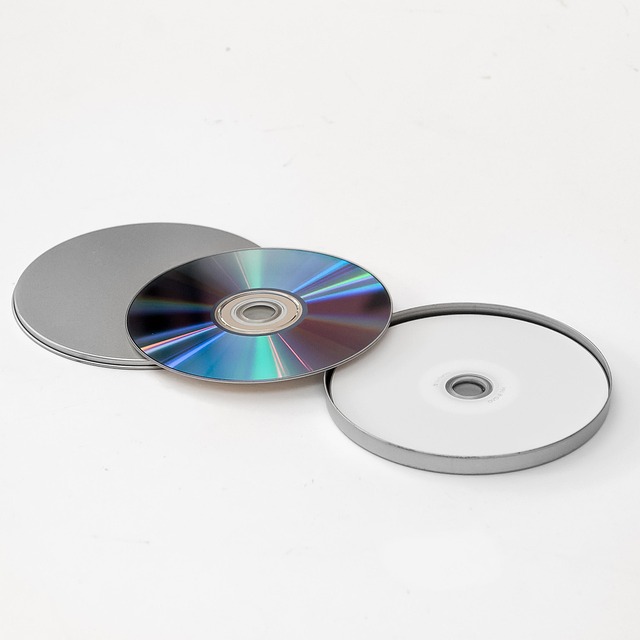Beginner Guide to Quantum Computing Terms: Simple Learners
Introduction
Quantum computing is one of the most exciting frontiers in technology today. But if you’re new to the field, the technical language can be intimidating. That’s why this Beginner Guide to Quantum Computing Terms is here—to break down complex jargon into simple, understandable definitions. Whether you’re a student, tech enthusiast, or just curious about the next generation of computing, this guide will help you make sense of it all.
What is Quantum Computing?
Before diving into the terminology, it’s important to understand what quantum computing is. Unlike classical computers, which process information as bits (either 0 or 1), quantum computers use quantum bits—or qubits—that can exist in multiple states at once. This principle is called superposition. Our Beginner Guide to Quantum Computing Terms will revisit this concept when we explore other related terms.
Qubits
Qubits are the foundation of quantum computing. They are the quantum version of bits in a classical computer. While a classical bit can be only 0 or 1, a qubit can be in a superposition of both at the same time. This allows quantum computers to handle far more calculations simultaneously. In this Beginner Guide to Quantum Computing Terms, you’ll see that many other terms, such as entanglement and decoherence, directly relate to qubits.
Superposition
Superposition is the ability of a qubit to exist in multiple states at once. Imagine flipping a coin and it landing as both heads and tails until you actually look at it. In quantum computing, this means that a qubit can represent many possibilities at the same time. For those following this Beginner Guide to Quantum Computing Terms, think of superposition as the source of quantum computers’ unique power.
Entanglement
Entanglement is a mysterious yet powerful quantum property. When two qubits become entangled, their states are linked no matter how far apart they are. Changing the state of one instantly changes the other. This is a critical principle in quantum communication and computing. Our Beginner Guide to Quantum Computing Terms includes this concept because it’s essential for understanding how quantum algorithms work efficiently.
Quantum Gates
Just as classical computers use logic gates to process bits, quantum computers use quantum gates to manipulate qubits. These gates perform operations like flipping qubit states or creating entanglement. Without understanding quantum gates, it’s impossible to appreciate how quantum programs are built, which is why the Beginner Guide to Quantum Computing Terms covers them in detail.
Quantum Algorithm
A quantum algorithm is a set of instructions designed to run on a quantum computer. Famous examples include Shor’s algorithm (for factoring large numbers) and Grover’s algorithm (for searching unsorted data). In our Beginner Guide to Quantum Computing Terms, these algorithms are important to highlight because they show the potential of quantum computers to outperform classical ones.
Decoherence
Decoherence happens when qubits lose their quantum properties due to interference from their environment. It’s one of the biggest challenges in building practical quantum computers. In this Beginner Guide to Quantum Computing Terms, you’ll learn that controlling decoherence is a major focus of quantum research and development.
Quantum Supremacy
Quantum supremacy is the point at which a quantum computer can solve a problem that is practically impossible for a classical computer to solve in a reasonable time. This term gained popularity when Google announced it had achieved quantum supremacy in 2019. Our Beginner Guide to Quantum Computing Terms includes it because it marks a milestone in the field.
Quantum Simulation
Quantum simulation uses quantum computers to model complex systems in physics, chemistry, and materials science. This is an area where quantum computers are expected to have the most immediate impact. Including this in the Beginner Guide to Quantum Computing Terms shows how the technology could revolutionize scientific research.
Quantum Cryptography
Quantum cryptography leverages the principles of quantum mechanics to create secure communication systems. Unlike traditional cryptography, it is theoretically immune to hacking because measuring quantum data changes its state. Our Beginner Guide to Quantum Computing Terms highlights it as a real-world application of quantum principles.
How to Learn More About Quantum Computing
Quantum computing is advancing rapidly. After understanding the basics through this Beginner Guide to Quantum Computing Terms, you can explore online courses, read white papers from research labs, and even experiment with cloud-based quantum computers provided by companies like IBM and Google.
For further reading, check out IBM Quantum — a free resource for learning and experimenting with quantum systems.
Conclusion
Quantum computing may seem like science fiction, but it’s quickly becoming a reality. By understanding the fundamental concepts in this Beginner Guide to Quantum Computing Terms, you’re taking your first step into a fascinating and rapidly evolving world. From qubits and superposition to quantum supremacy, these terms form the language of tomorrow’s technology. With continued learning, you’ll be able to follow—and perhaps even contribute to—the breakthroughs that are on the horizon.














Post Comment